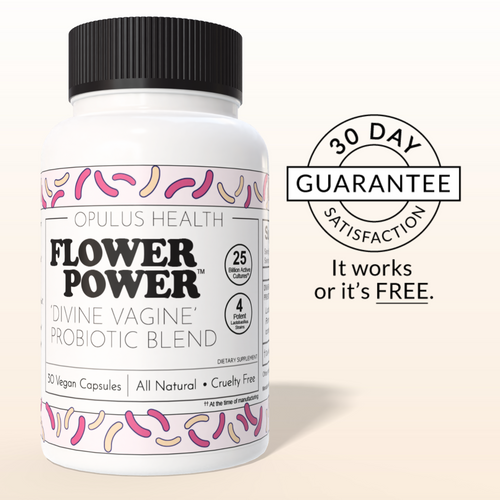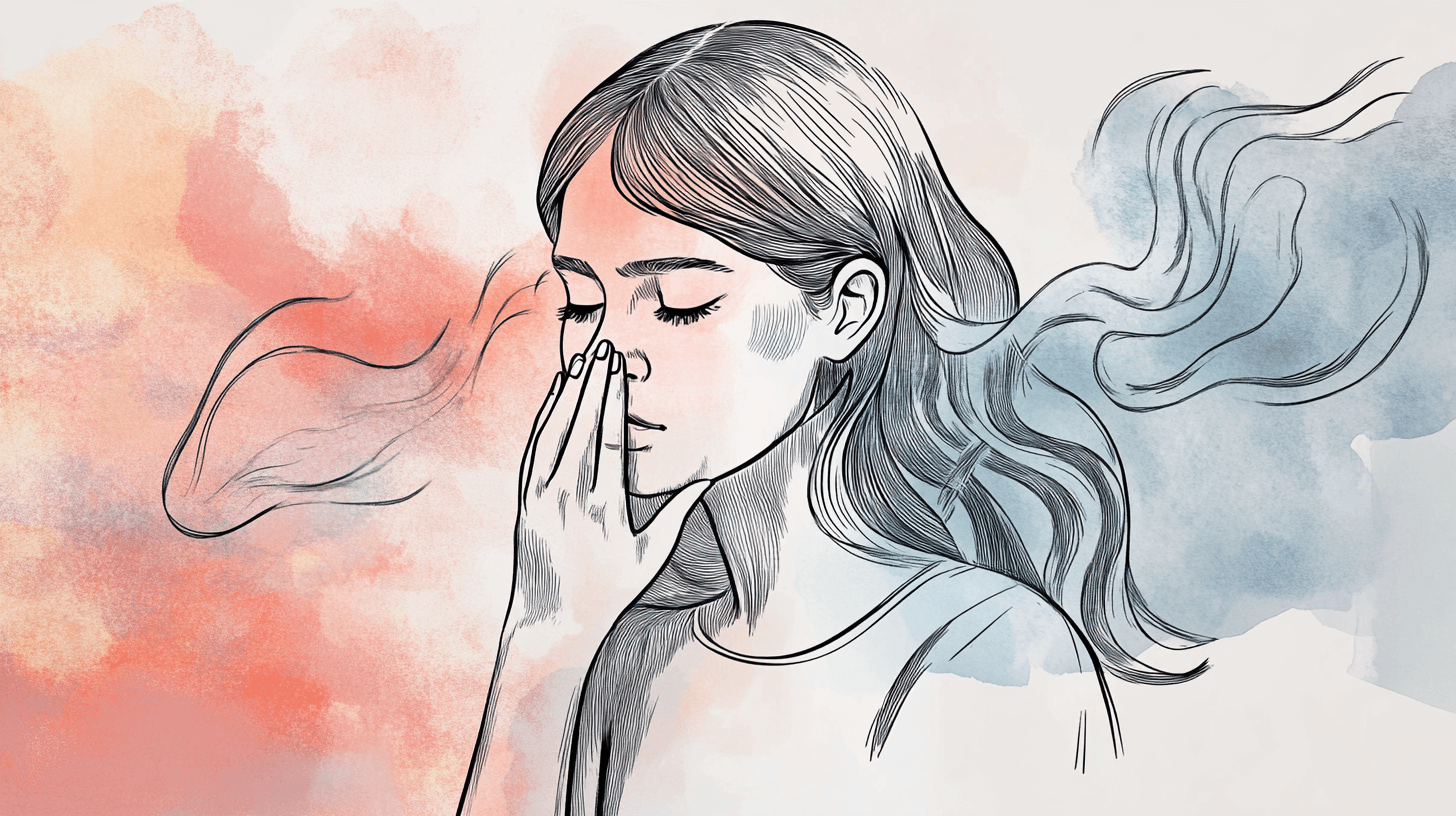For many women, vaginal odor is easier to manage when caused by a known infection like bacterial vaginosis (BV). At least then, you know the root cause.
However, it’s much more difficult to handle odor when you don’t know what’s causing it. Many women face this issue today. Their biggest challenge isn’t just the odor, but understanding why it’s happening.
That’s why we’ve researched and found several lesser-known causes of vaginal odor. Some are easy to address, while others may need medical attention.
7 Possible Reasons for Vaginal Odor
A healthy vagina has its own natural scent, which may change throughout your cycle. However, when the scent becomes surprising or concerning, it might be a sign that something is wrong.
Here are seven little-known causes of vaginal odor:
Reason #1: Tiny "Foreign" Objects in the Vagina
Sometimes, objects that don't belong in the vagina can find their way in. This includes retained condoms, bits of food (from oral sex), or even tampons. Even a small piece of a tampon can cause a terrible odor. Always ensure tampons are completely removed.
Foreign objects can lead to more serious conditions like toxic shock syndrome if not removed on time.
Reason #2: Odor as a Sign of Vaginal or Cervical Cancer
Unusual vaginal odor can sometimes be a symptom of vaginal or cervical cancer, often accompanied by abnormal discharge. This is a serious sign and should be discussed with your doctor right away.
Reason #3: Rectovaginal Fistula
A really bad odor can be caused by a condition called rectovaginal fistula, where a connection forms between the rectum and vagina, allowing fecal matter to enter the vagina. This is rare, but it’s important to get checked by a gynecologist if the odor is severe.
Reason #4: Strong Smelling Urine
Smelly urine can often be mistaken for vaginal odor, especially if you’re dehydrated. Drinking enough water can dilute your urine and reduce odor. Make sure your urine is clear—if it's colored, you may need to increase your water intake.
Reason #5: Hormonal Fluctuations
Hormonal changes during menstruation, ovulation, and menopause can affect vaginal odor. Before menstruation, estrogen drops, progesterone increases, and blood in the vagina can lead to a stronger smell.
During menopause, the drop in estrogen can lead to vaginal dryness and changes in odor. Learn more about keeping your vagina young to help reduce abnormal odor.
Reason #6: Medications and Supplements
Some medications, like antibiotics, can affect vaginal odor. Hormonal contraceptives, hormone replacement therapy (HRT), and even some supplements can cause changes in scent. Do your research and consult your doctor if you're noticing a change.
Reason #7: A Rare Genetic Disorder (TMAU)
Trimethylaminuria (TMAU) is a rare genetic disorder that causes a strong fishy odor when consuming certain foods, like fish, eggs, or liver. The body struggles to break down a compound called trimethylamine, which leads to the odor.
While there is no cure for TMAU, managing your diet and using doctor-recommended treatments can help control symptoms. A special urine test can confirm the condition.
Psychological Impact of Vaginal Odor
Vaginal odor can cause self-consciousness, social withdrawal, and even fear of intimacy, which can affect your quality of life and mental health. Learn how to manage your mental health while treating vaginal issues.
Conclusion
Vaginal odor can be distressing, but identifying the root cause is key to finding a solution. Once you know what’s causing the odor, it’s easier to use proven remedies to address it and regain your confidence.












